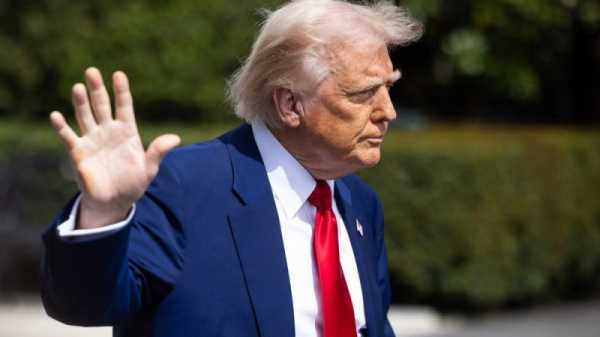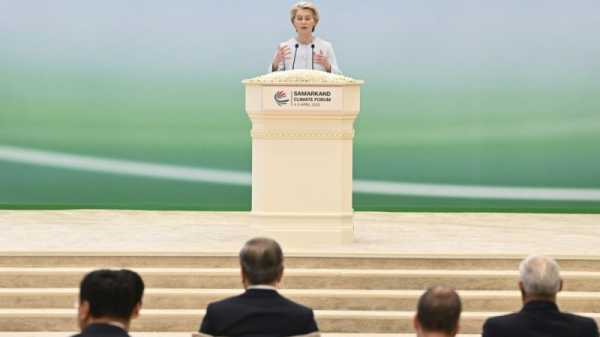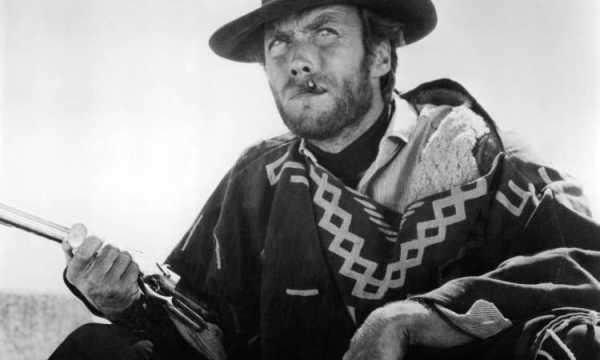
Global peace has plunged to the lowest levels in 14 years as Russia’s war in Ukraine and the rising food and fuel costs loom large, according to the annual Global Peace Index (GPI) unveiled on Wednesday (15 June).
Covering 163 countries, or 99.7% of the world’s population, the GPI measures the absence of violence or fear of violence based on data which has been collected yearly since 2008.
While the report processed data up until the end of March 2022, in the infancy of the Ukraine war, it demonstrates that it was already having a big impact on people’s security, especially when combined with other risks.
“The biggest concern actually was health, and that was without COVID, followed by crime, followed by infrastructure, the economy and financial hardships, so the average Ukrainian wasn’t thinking war in 2021,” said Steve Killelea, founder of the Institute for Economics and Peace (IEP), who compiles the report.
While twenty-two European countries became more peaceful since last year’s report, 12 European countries, mainly those in Eastern Europe, became less peaceful, including Sweden, Lithuania and Serbia, due to deteriorating relationships with neighbouring states, Killelea said.
According to the report, Estonia had the most significant decline in peacefulness in Europe, driven by the tensions between Ukraine and Russia that erupted into war on 24 February 2022.
However, the majority of European countries became more peaceful. In fact, in the 2022 index, four of the five most peaceful countries in the world are located in Europe: Iceland, Ireland, Denmark and Austria.
Iceland has been the GPI’s most peaceful country since its inception in 2008, while Portugal, Slovenia and the Czech Republic are also in the top 10. But this could change in next year’s index.
“[It’s] probably contrary to where most people’s thoughts are because of the Ukrainian war,” Killelea said. “The cut-off point for a lot of the indicators was 31 March, so we expect next year, there’d be substantial deteriorations [in peacefulness] with a number of countries.”
Killelea also expects Europe to become less peaceful because countries could increase their defence spending in response to the conflict in Ukraine.
“With the commitments of the NATO countries in Europe to increase their military expenditure to 2% of GDP, that will have effects on peace as well,” Killelea said.
Researchers looked at 23 indicators, such as deaths from internal and external conflicts, political instability and military expenditure as a percentage of GDP. They rated each indicator on a scale of one to five to create each country’s composite score. The lower the score, the more peaceful the country.
The supply chain disruptions the GPI researchers tracked last year, combined with increasing food and energy prices and rising inflation, means Killelea anticipates a significant decline in next year’s index.
“The Ukrainian war, that’s now turbocharged a lot of those pre-consisting issues which started with COVID-19,” Killelea said.
[Edited by Alice Taylor]
Source: euractiv.com



